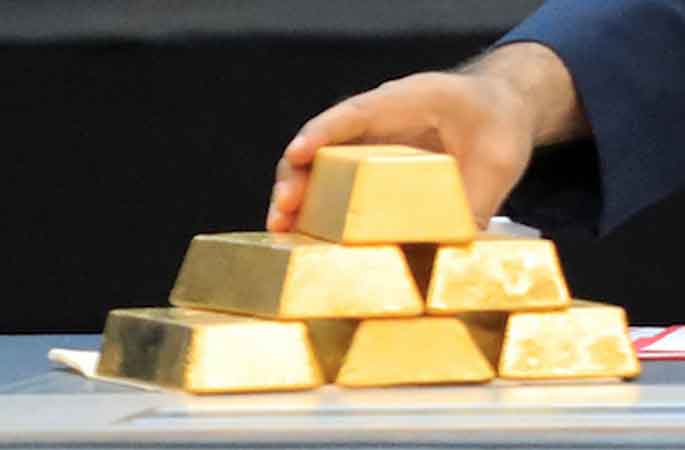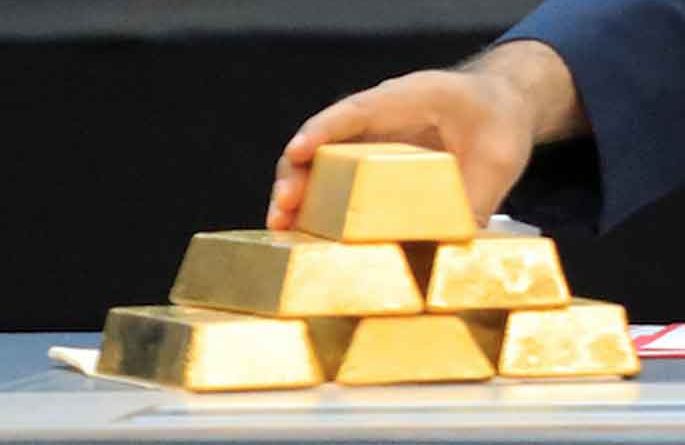Senate chief seeks to hike state’s take from miners
By Charmaine A. Tadalan
 A MEASURE increasing the government’s take from mining revenues, which forms part of the Duterte administration’s comprehensive tax reform program, has been filed anew in the Senate.
A MEASURE increasing the government’s take from mining revenues, which forms part of the Duterte administration’s comprehensive tax reform program, has been filed anew in the Senate.
Under Senate Bill No. 240, Senate President Vicente C. Sotto III proposed to impose royalty on miners operating outside mineral reservations, which is currently levied only on firms located inside such sites.
“There is a need to amend the existing mining fiscal regime and further enhance equitable share of the government in the utilization of natural resources,” the Senate President said in the explanatory note of the bill, dated July 8.
Mr. Sotto adopted the version, proposed by the Department of Finance in the 17th Congress, which sought to retain the royalty at five percent of the gross output of the minerals/mineral products extracted, currently imposed only on firms in mineral reservations.
The bill also introduces royalty on firms outside such reservations which will be phased in from three percent in the first three years of implementation, four percent in the fourth year and five percent from the fifth year onward.
This will be levied on top of other taxes, such as the corporate income tax, excise tax which Republic Act No. 10963 doubled to four percent, royalty to host indigenous communities and local business tax, among others.
The bill defined gross output as the “actual market value of minerals or mineral products from each mine or mineral land operated as a separate entity, without any deduction for mining, processing, refining, transporting, handling, marketing or any other expenses.”
Moreover, Mr. Sotto proposed an additional government share, equivalent to the difference between the 50% of net mining revenue (gross output less deductible expenses) and the basic government share consisting of direct taxes and royalty. “Royalty is imposed to compensate the state for the utilization of natural resources by mining contractors, while the proposed additional government share becomes due when prices and profits are high,” he explained.
The government currently gets additional share from mining contractors under a Financial Technical Assistance Agreement, which applies to large-scale operations.
Mr. Sotto’s proposal also seeks to prevent excessive debt by disallowing deduction of interest expense when a company records a debt-to-equity ratio in excess of 1.5 to one.
A bill overhauling miners’ fiscal regime nearly made it out of the recently concluded 17th Congress after the Senate Ways and Means committee adopted the House of Representatives’ version with minor amendments. But it failed to bag second and third reading approval before the June 3 adjournment.
The previous version proposed to reduce the royalty on large-scale mining in reservations to three percent of gross output from five percent currently and introduce a 1-5% margin-based royalty on those outside mineral reserves. The Senate, however, excluded non-metallic mining operations from the coverage.
Sought for comment, Finance Assistant Secretary Ma. Teresa S. Habitan said in a mobile phone message on Tuesday: “We would like to take a look at the bill first, although it is favorable that royalty will cover all mining areas, whether in or outside mineral reservations.”
Source: Business World


